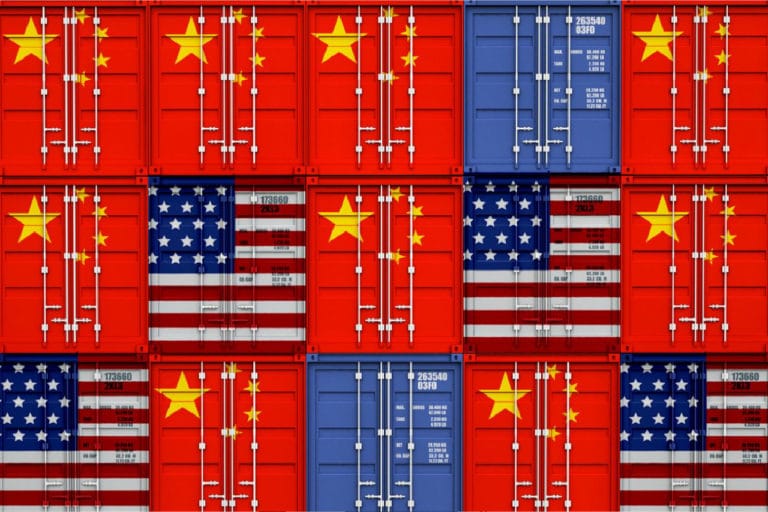As in life, for political, economic and cultural influences, English and Chinese compete to be the lingua franca in the virtual world. What language will the internet speak in the future?
Tell me how your national economy is holding up and I will tell you how much your language is used on the Internet. The existence of a global market where competition between multinational companies is increasingly more fierce has created a vast knowledge market in which computer and language tools have become fundamental. As in life, due to political, economic and cultural influence, English is the lingua franca of the virtual world and China are determined to fight for first place as their influence increases by leaps and bounds.
25.5% of the almost 3.885 billion Internet users surf the web in English, according to the December 2017 report from the Internet World Stats statistics page. In addition, English is used in 51.2% of multilingual pages, says W3Techs.com. This dominance corresponds to the undisputed importance it has off-screen as well. Research has been undertaken into the market value of a language based on its scope as a communication tool and economic indicators of the countries in which the language is used. In all of these, English ranks first, largely because of the dominance the United States has forged across the globe over the years.
While English has the third most native speakers (378 million), after Chinese and Spanish, it has a presence in 118 countries and its use as a second language is the most widespread in the world. To share a language reinforces its impact on foreign trade and, nowadays, different international trade bodies rate North Americans at the top of exchanges of goods and services. The World Trade Organisation (WTO), for instance, places the United States as the main player in the exchange of services and the second in terms of goods in 2017.
Internet World Stats nevertheless notes an exponential growth in the use of Chinese on the Web with more than 773 million users in 2017, when the number 10 years ago barely succeeded 200 million. In the period 2000-2017 there was a increase in its use of 2390%, much greater than that of English, which only noted a 632% change. This trend would put it about the English-speaking web in a very short time, predicts the statistic portal.
This is no tall tale. China’s economic, political and social conditions are fundamental to this process. According to the UN, it is the most populated country in the world with more than 1.4 billion inhabitants. Chinese is the most used language in the world with 1.325 billion speakers, of which 885 million are native, according to the nonprofit organization SIL International.
Chinese economic policy is decidedly expansive and the WTO data are no less daunting: China is the largest economic world power by GDP, thanks to its central role as the country with the largest exchange of good and its steady rise in the service sector, currently ranking in 5th place. The phenomenon is paralleled in e-commerce, where the consolidation of domestic technological giants such as Alibaba and Tencent have allowed them to monopolise on all transactions in the largest online market on the planet.
The United Nations detected the social importance of Chinese from its beginnings in 1945 and named it as one of its official working languages. Will we all have to learn it in the coming years?
Translation into English: William Steel
Discover our translation agency.



